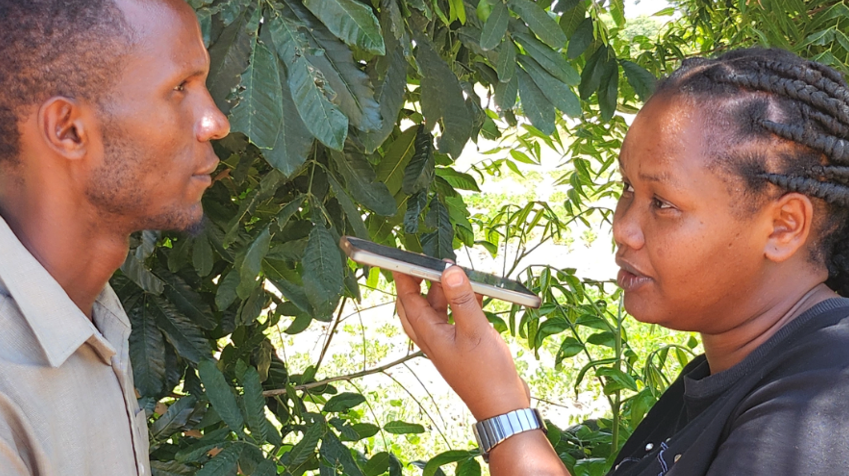I am delighted to congratulate Abhijit Banerjee, Esther Duflo, and Michael Kremer on winning this year’s Nobel Prize in Economics. Building on their prominent work in applied economics theory and methodology, the Laureates pioneered research in development economics with the aim to reduce global poverty, which has influenced much of IFPRI’s work. The Laureates reshaped economics research by designing a new approach to alleviating global poverty. Utilizing randomized controlled trials (RCTs), the Laureates sought to answer key questions on global poverty at individual or group levels through specially designed field experiments. In just the past 20 years, this new research has contributed key results to inform global development efforts.
For instance, studies showed that while additional resources in general had limited value, educational reforms to help adapt teaching to students’ needs had significant benefits. Measures to improve school governance and teacher accountability were also shown to be cost-effective. Other studies shed light on central issues healthcare for the poor in developing countries, namely the price sensitivity regarding investments in preventative healthcare and low-quality service delivery. While it is difficult to measure the precise impact that these research findings have had on policy implementation, the strong evidence base built by the Laureates has informed programs, such as remedial tutoring reaching more than 5 million children in India, as well as policies, including the World Health Organization’s recommendation to distribute medicine for free in areas where many children are prone to parasitic worm infections.
Furthermore, the Laureates have played a major role in informing IFPRI’s work and also have continued collaboration with many IFPRI researchers over the years. Kremer, together with Vivian Hoffmann, co-authored a study on vouchers to provide an efficient means to target disease prevention technology in Kenya, showing that requiring people to redeem vouchers to obtain water treatment products helped screen out those uninterested in the product while not discouraging potential willing users. Banerjee worked with Jordan Kyle to show that identification cards for a social assistance program in Indonesia was effective in ensuring that more program benefits reached poor households, and that every additional piece of information provided to citizens amplified the positive effects of the intervention. Another related study in Indonesia concluded that providing an option to outsource public service delivery can benefit citizens, but only in the presence of a sufficient supply of potential local service providers, with high competition and rents in the system. IFPRI has partnered with J-PAL on studies in Ghana, Senegal, and Uganda as well. IFPRI also had the pleasure of welcoming the Laureates for events on several occasions. Banerjee delivered the keynote address on drivers of nutrition at IFPRI’s annual institutional retreat in 2016. Duflo and Kremer presented in IFPRI’s Applied Microeconomics and Development Seminar series in 2013 and 2016 respectively, sharing their knowledge on credit barriers and cash transfers.
These field experiments are critical components in promoting rigorous evidence-based policy making, especially as the global community faces emerging challenges within the evolving global landscape. IFPRI’s work has not only employed RCTs, but also expanded to include natural experiments and quasi-experimental approaches. IFPRI’s future work will also continue to build on this evidence base to provide research-based policy solutions that sustainably reduce poverty and end hunger and malnutrition.
Shenggen Fan is Director General of IFPRI.







